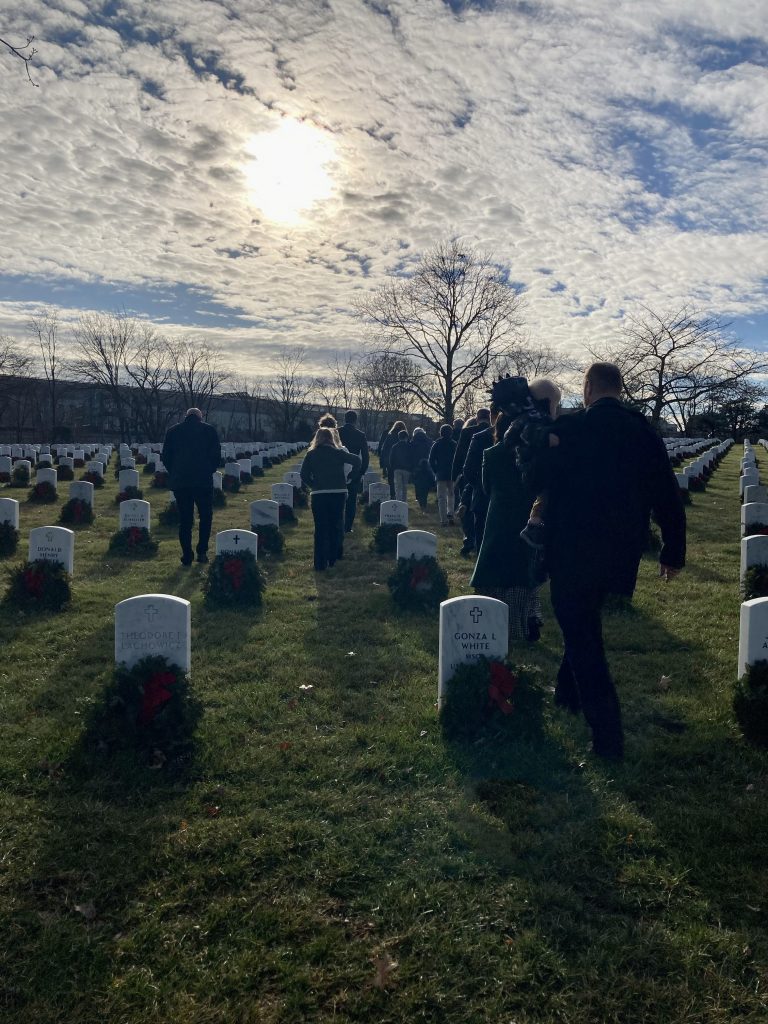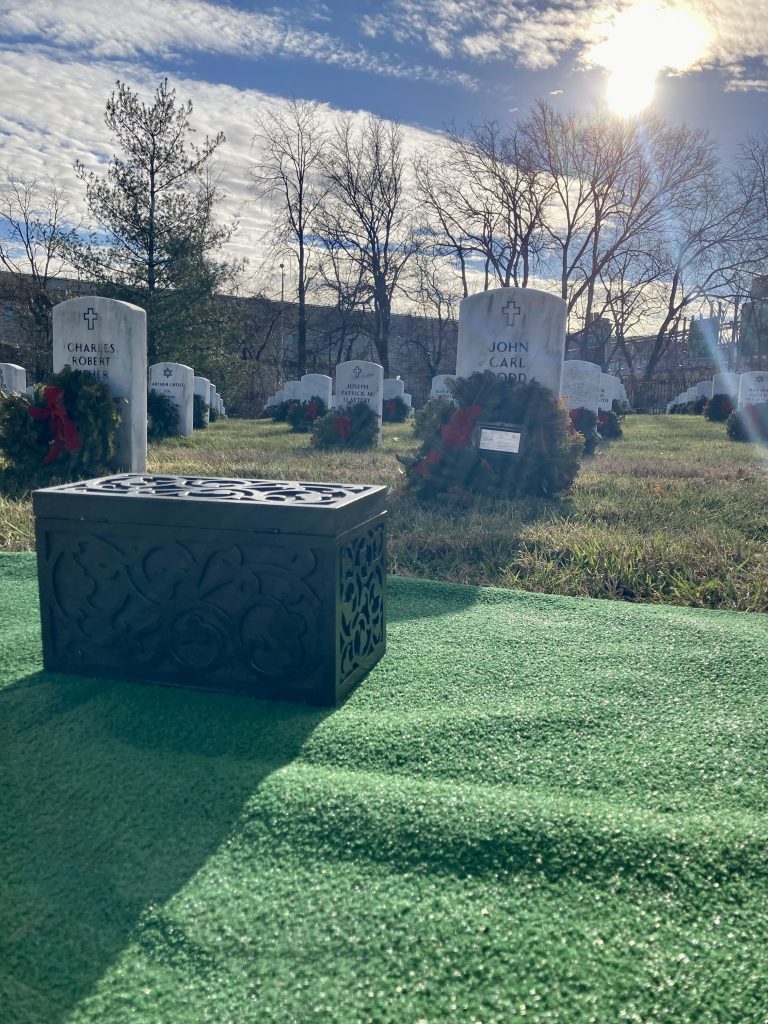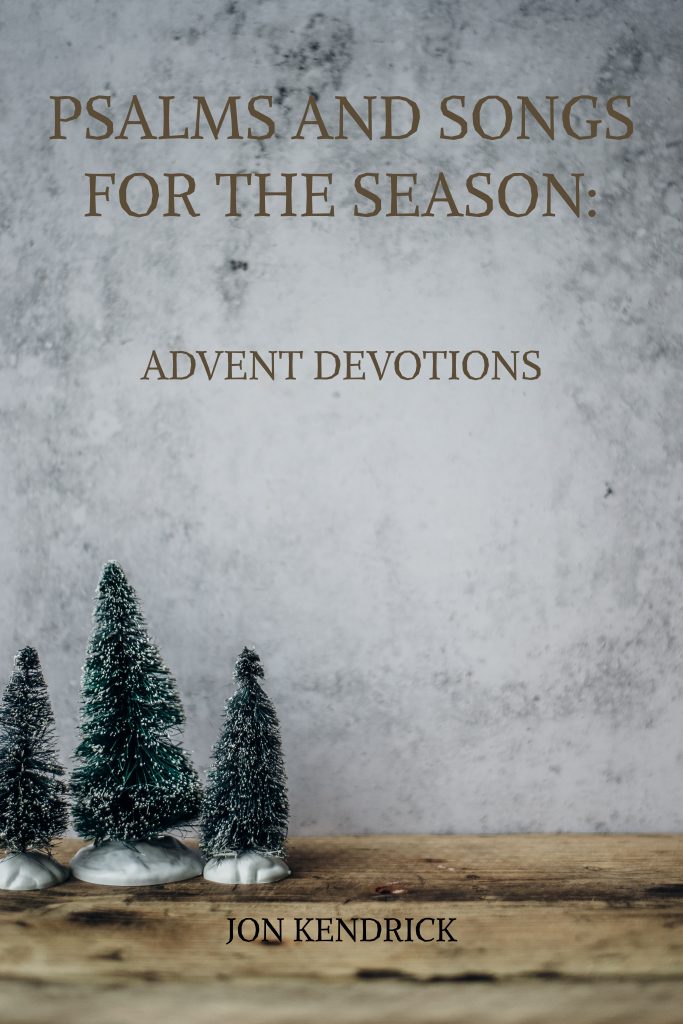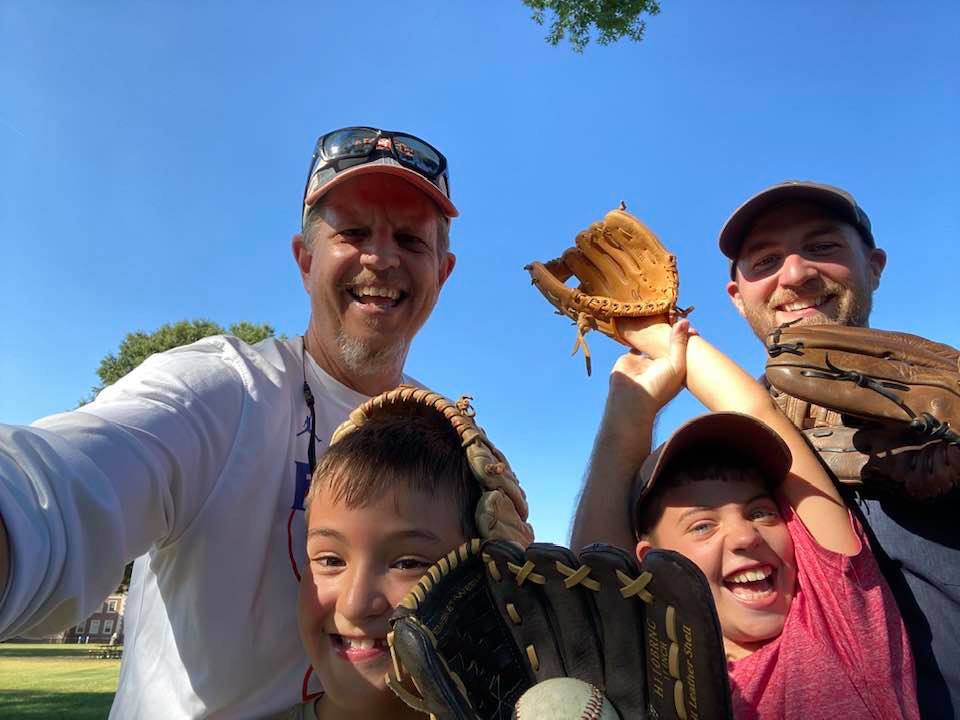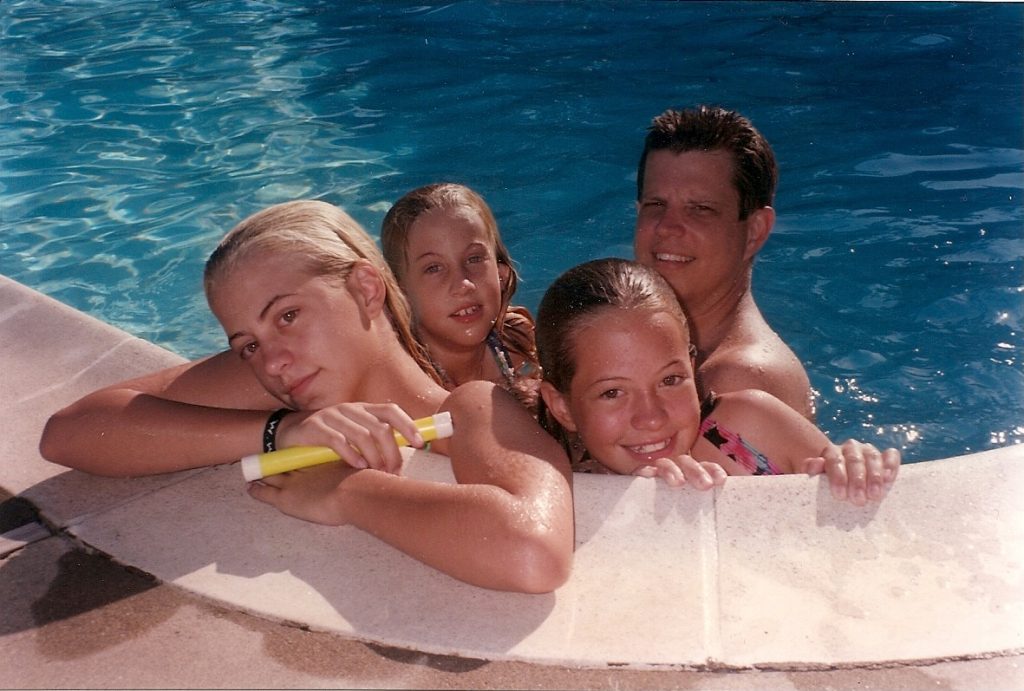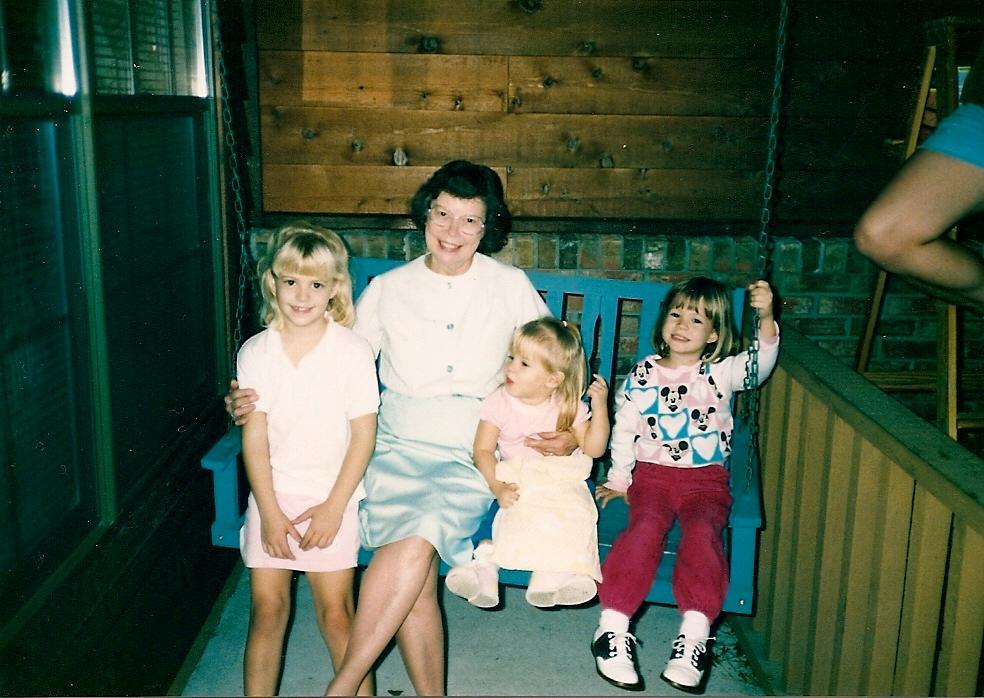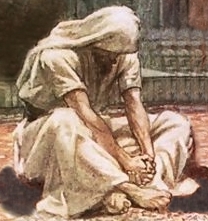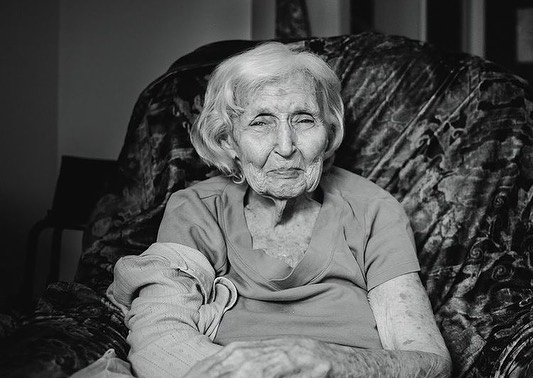
Football is often used as a metaphor for life and, frankly, some of those comparisons are a bit strained. Football is a game. People compete in games. People win or lose in games. So, to some extent, football mirrors life. Please understand that I love football and strongly support my teams (notice they are “my” teams). But when I get a bit too caught up in the losses, I remember this quotation from an unknown source about the Super Bowl from several years ago: “Imagine another world looking down at 60,000 people who pay $900,000 to sit in a stadium that cost $45 million to watch 22 men being paid $7 million a year dispute the possession of a ball that costs $16.95.”
I have heard sermons over the years referencing football. They are usually pretty well received where I’m from. People identify with the game, their teams, the excitement and passion, as well as the bitter disappointment that accompanies fandom. Even before the College National Championship or Super Bowl trophies are presented fans are looking to the next year eagerly anticipating continued success or hoping for an upturn in their team’s fortunes.
Occasionally, those changes in fortune occur midseason. The Jacksonville Jaguars, one of my teams, were having a horrific 2022 season. By all accounts, there had been a toxic environment in the locker room the year before and the team needed fixing. A coach was fired, a coach was hired, and as the season got underway, the Jags of 2022 looked much like the Jags of 2021, 2020, 2019, etc. But things changed; the team had a 4-8 record but won the next five games to finish first in its division, then won a playoff game coming back from a 27-0 deficit to win 31-30. The season came to an end in Kansas City with a loss to the Chiefs in a hard-fought game.
What changed? What flipped the switch to make a losing team a winning team? The Jaguars’ second-year quarterback, Trevor Lawrence, recently wrote a letter to Jags fans thanking them for their support. In that letter he noted the thing that caused the change, which began to take root long before the season started. The new coach, Doug Pederson, knew he had to earn the team’s trust. As Lawrence wrote, “With Doug, it wasn’t even about football – it was about us. It was about every guy in our room and having them look at the person next to them and say, ‘I got you’ … and that doesn’t happen overnight. It took most of the year. We lost five in a row at one point. We were 2-6. It took time. But that belief in ourselves, that refusal to quit, we found it.”
Lawrence went on to write, “The culture that everyone in our room helped build, the work that we put in all year — that’s why we came back against the Chargers the next week. It wasn’t because of some game plan switch or anything like that. It was because we had us. And us, our guys, we have no quit. You can call that cliché if you want, I don’t care. I was there. I’ve lived it. I know what I’ve seen. I know what we did.” And the “us” was even bigger than the team; Lawrence recognized the importance and dedication of the fans who hung with the Jags even when they were down 27-0.
Wonderful letter, wonderful story. But I usually blog about faith, and not faith in ourselves. Faith placed in God can accomplish much but faith placed solely in ourselves usually leads to disappointment. So where is the tie-in here, the apt sermon illustration?
The gospel is not about me, it’s all about Jesus and the grace he offers me. The gospel certainly does concern me as God saves individuals, people who bear his image, so in that sense it’s about me. But it’s about more than me – the Christian life is meant to be lived as an “us.” There are numerous “one another” verses in the Bible from Jesus’ command to love one another in John 13, to Paul’s admonitions to live in harmony with one another and to, in humility, consider others better than oneself. We are meant to be a family of believers.
Lawrence wrote that the comeback against the Chargers was “because we had us.” Believers grow in their faith through prayer, time spent in the scriptures, and taking opportunities to serve in various ways, among other paths of growth. But a key ingredient in spiritual growth (fancy word – sanctification) is being “us.” If we ignore the community of faith, the family of faith, we will not grow and prosper the way God desires us to. We are in this broken world together and we need each other. We need the prayers of other people, we need shoulders to cry on and we need to provide our shoulders to others, we need to laugh with one another, and we need to suffer with one another.
Join a church. If you attend a church join a small group. If your church doesn’t offer small groups start one. For all the attention paid to large gatherings and worship services, for all the money spent on buildings and production, “church” happens is when smaller groups of people get to know one another deeply. Corporate worship is important and the preaching of God’s word is vital. But you won’t grow, and you won’t help others grow if you aren’t spending time with “us.” Jesus showed us the model by going deeper with a smaller number of men, his disciples. He preached to thousands, but he experienced life with a small group. And that small group reached others and changed the world as they shared the good news of the grace Jesus offers.
Find your “us.” Join with other believers. Make much of Jesus. And to adapt a phrase from the Jags – it was always Jesus!
